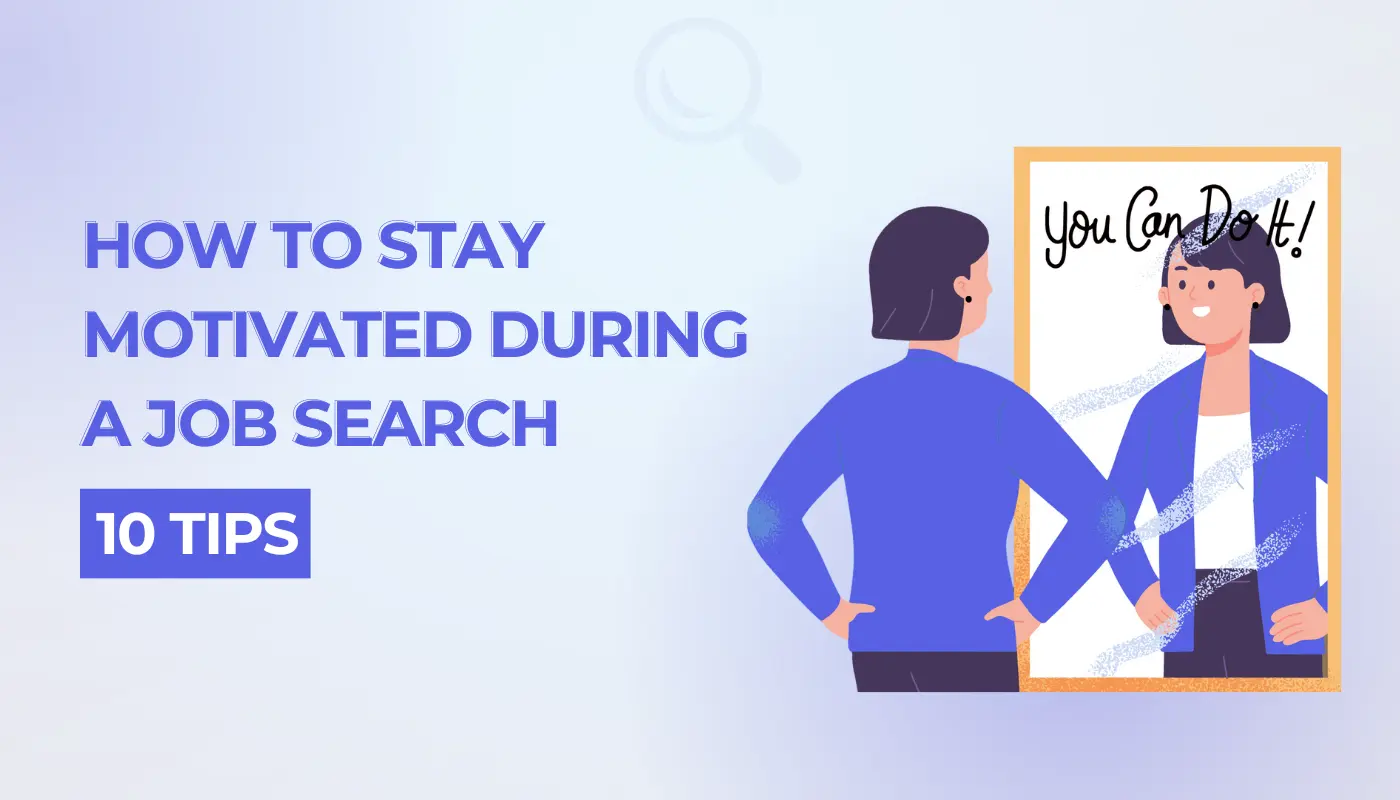How to Handle a Career Setback 2024, Throughout our professional journeys, we all inevitably face career setbacks. Whether it’s a job loss, a missed promotion, a failed business venture, or a project that didn’t go as planned, these setbacks can be disheartening and can shake our confidence. However, the way we respond to these challenges can ultimately shape our future success. By adopting a resilient mindset and taking proactive steps, you can turn a career setback into an opportunity for growth and reinvention.
- Allow Yourself to Process the Emotions
When faced with a career setback, it’s natural to experience a range of emotions, including disappointment, anger, frustration, or even a sense of failure. Rather than suppressing these feelings, it’s important to acknowledge and process them in a healthy manner. Give yourself time to reflect and work through the initial emotional response before making any major decisions or taking action. - Maintain a Positive Mindset
While it’s understandable to feel discouraged after a career setback, it’s crucial to avoid dwelling in a negative mindset. Negative self-talk and pessimism can become self-fulfilling prophecies, hindering your ability to move forward. Instead, cultivate a positive and resilient mindset. Reframe the setback as a learning opportunity and focus on what you can control rather than dwelling on what you cannot. - Seek Support and Perspective
During challenging times, it’s essential to lean on your support system. Reach out to trusted friends, family members, mentors, or colleagues who can offer an objective perspective and emotional support. Talking through your experiences and receiving encouragement can help you gain clarity and renew your motivation. - Conduct a Self-Assessment
A career setback can be an opportune time for self-reflection and evaluation. Take a step back and honestly assess your strengths, weaknesses, goals, and values. Identify areas where you may need to upskill or acquire new knowledge. This self-assessment can help you gain valuable insights and make informed decisions about your next steps. - Explore New Opportunities
While a career setback can initially feel limiting, it can also open doors to new and unexpected opportunities. Use this time to explore alternative career paths, industries, or roles that align with your interests and goals. Research emerging trends, attend networking events, or consider pursuing further education or training to expand your skill set. - Update Your Professional Brand
After a career setback, it may be beneficial to refresh your professional brand. Review and update your resume, portfolio, and online presence to highlight your accomplishments and position yourself for new opportunities. Consider seeking guidance from a career coach or mentor to ensure your brand accurately reflects your strengths and aspirations. - Embrace Continuous Learning
Continuous learning is essential for staying relevant and competitive in today’s ever-changing job market. Use a career setback as motivation to expand your knowledge and skills. Enroll in courses, attend workshops, or pursue certifications that can enhance your expertise and make you more marketable. - Practice Self-Care
Dealing with a career setback can be emotionally and mentally draining. It’s important to prioritize self-care during this time. Engage in activities that promote relaxation, such as exercise, meditation, or pursuing hobbies you enjoy. Taking care of your physical and mental well-being will help you maintain resilience and clarity as you navigate this transition. - Set Realistic Goals and Take Action
Once you’ve processed the setback and gained a clearer perspective, it’s time to set realistic goals and take action. Break down your larger objectives into smaller, achievable steps, and create a plan to work towards them. Celebrate small wins along the way to maintain motivation and momentum. - Develop Resilience for Future Challenges
While overcoming a career setback can be challenging, it also presents an opportunity to develop resilience and strengthen your ability to handle future obstacles. Reflect on the strategies and coping mechanisms that helped you navigate this experience, and use them as a foundation for building resilience and perseverance.
Experiencing a career setback can be a difficult and emotional journey, but it doesn’t have to define your professional path. By adopting a positive mindset, seeking support, conducting self-assessments, exploring new opportunities, updating your professional brand, embracing continuous learning, practicing self-care, setting realistic goals, and developing resilience, you can transform a setback into a catalyst for personal and professional growth.
Remember, setbacks are often temporary, and with the right mindset and actions, you can emerge stronger, more knowledgeable, and better equipped to pursue your career aspirations. Embrace the challenges as opportunities for growth, and trust in your ability to overcome adversity and achieve success.








